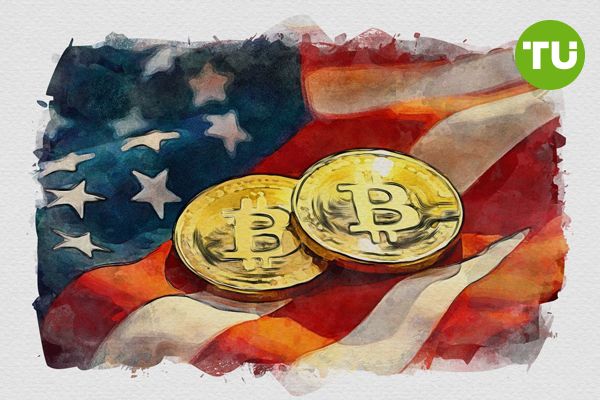Two more U.S. states prepare bills to create a bitcoin reserve
 U.S. States Push for Digital Asset Integration in State Reserves
U.S. States Push for Digital Asset Integration in State Reserves
New Hampshire and North Dakota are advancing legislation aimed at integrating digital assets into state reserves, signaling a growing trend of state-level crypto adoption in the U.S.
Other states, including Pennsylvania, Texas, and Alabama, are also exploring similar initiatives to hedge against inflation and strengthen financial resilience, reports Cryptopolitan.
North Dakota and New Hampshire Lead the Way
North Dakota introduced HCR 3001, a resolution supported by 11 sponsors, requiring state funds to be partially allocated to digital assets and precious metals. Proponents argue that this strategy could protect the state against inflation and economic uncertainties.
New Hampshire followed suit with a tech-neutral bill led by State Representative Keith Ammon. If passed, the bill could see up to $360 million allocated to digital assets in the state’s reserves. Unlike North Dakota’s legislation, New Hampshire’s proposal does not explicitly mention Bitcoin. Commenting on the move, Dennis Porter, CEO of Satoshi Action Fund, noted, “Some states will require us to develop tech-neutral bills, which is very common in policy. It’s a way to reduce political friction.”
Growing Interest Across U.S. States
Other states are also pursuing Bitcoin reserves: • Pennsylvania: State Representative Mike Cabell proposed investing up to 10% of the state’s $7 billion emergency fund in Bitcoin, suggesting an initial allocation between 1% and 5% to hedge against inflation. • Texas: Rep. Giovanni Capriglione introduced a proposal for the state to accept taxes, fees, and donations in Bitcoin, further integrating crypto into its financial ecosystem. • Alabama: Rep. Andrew Sorell advocated for creating a Bitcoin reserve, emphasizing the need to profit from the growing global impact of cryptocurrencies.
A Growing Trend
These legislative moves reflect a growing recognition of digital assets as viable tools for economic stability. With states like New Hampshire adopting tech-neutral approaches and others explicitly targeting Bitcoin, the U.S. is witnessing a shift in how public funds are managed. As inflationary pressures and economic uncertainties persist, more states may follow suit, pushing the boundaries of traditional fiscal strategies.
Recently we wrote, that a Meta shareholder has proposed that the tech giant consider incorporating Bitcoin into its treasury, citing its strong historical growth and inflation-resistant properties compared to traditional cash and bonds.













































































































































